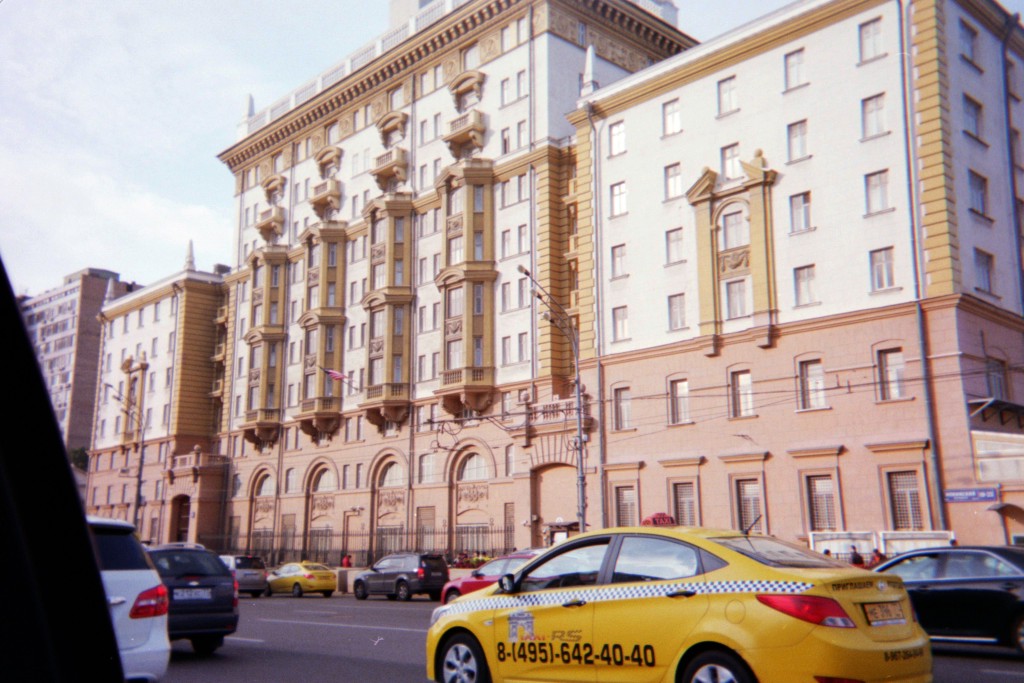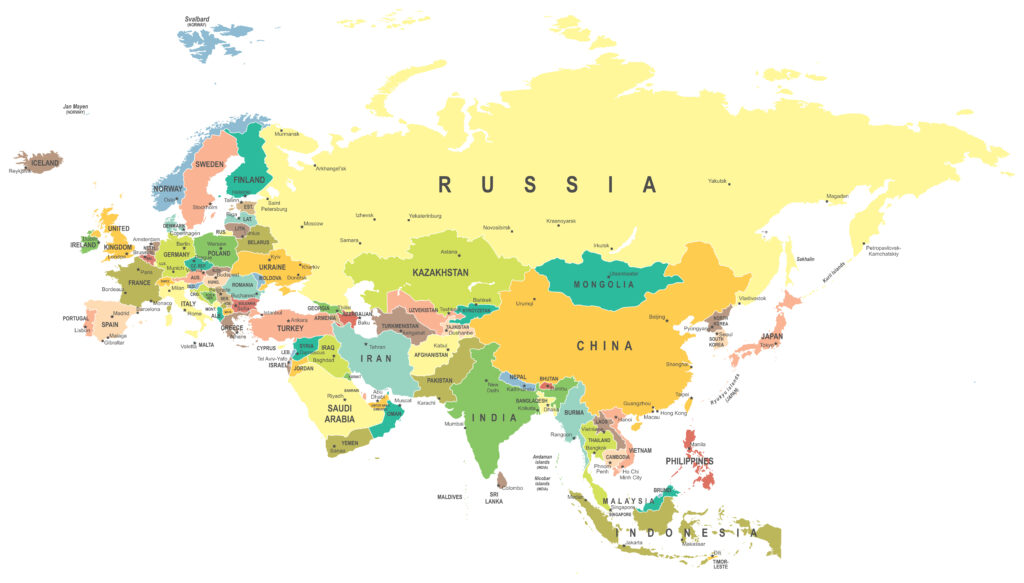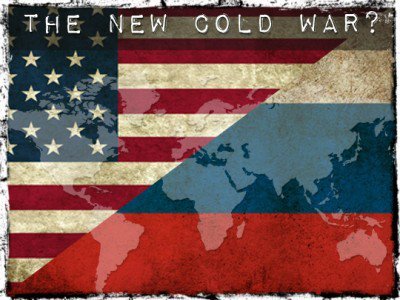
By Natylie Baldwin, OpedNews, 12/29/21
The U.S. likes to promote itself as a bastion of liberal democracy on the world stage. But if recent comments by Russian deputy foreign minister Sergey Ryabkov are any indication, it seems that the way in which the U.S. has advocated for liberal democracy and human rights in Russia has led to mistrust of American motives and has arguably done more harm than good for those Russians it is claiming to want to help.
On November 29th, Ryabkov stated at a meeting of Russia’s upper chamber of parliament that the US has been funding a long-term project of destabilizing Russia and impeding its development:
“Using non-profit international organizations among other tools, Washington is spending considerable funds to destabilize the situation in Russia… under the pretext of helping strengthen democratic institutions and civil society… Notably, it is done under the guise of environmental protection, anti-corruption efforts, ensuring gender equality and ethnic and cultural diversity… [O]ver time, American propaganda and disinformation is becoming more sophisticated, imitating independent media, investigative journalism and grass-roots initiatives.”
Russian officials did not always view the liberal democracy touted by the U.S. in such a negative light, however. Vladimir Putin stated his desire for Russia to be accepted as part of the U.S.-led west during his earlier terms as president and even implemented some domestic policies consistent with this goal. For example, he strengthened the rule of law by implementing the rights of habeas corpus and trial by jury, and increasing rights to exculpatory evidence. Reforms to the criminal code led to the doubling of acquittal rates in bench trials (only heard by a judge) and the tripling of acquittal rates in jury trials, contributing to a 40 percent drop in the overall incarceration rate and a 95 percent drop in the juvenile incarceration rate since 2001.
Furthermore, according to activists I spoke with in 2015, Putin encouraged the emergence of civil society with the first Civic Forum in 2001 – something they said never would have happened under his predecessor. Though admittedly, Putin advocated for a partnership with government, leading to concerns early on among some activists of a desire to co-opt the movement.
Given that he had multiple crises to contend with in those early years, it’s unrealistic to think Putin would have spent his political capital on challenging certain deeply-held conservative cultural norms. But clearly there has been a turn away from even the modest embrace of liberalism he displayed previously as U.S.-led projects to purportedly promote democracy and human rights in Russia have often had the opposite of the intended effect.
Gay Rights
In 2013, U.S. government officials publicly chided Russia at the outset of the Winter Olympics in Sochi for its purported policy of homophobia as reflected in a law prohibiting the propagation of material that encourages homosexuality to minors. Since then, U.S. officials and media pundits have criticized Russia repeatedly for its intolerance toward gays but have little to say about allies like Saudi Arabia and Pakistan, which have far more draconian policies toward homosexuals.
According to the Levada Center, the percentage of Russians who support same-sex relationships actually decreased between 2013 and 2021. If the U.S. thinks it has been helping gay Russians by vociferously condemning the country’s policies on the world stage, it would appear to be wrong.
Women’s Issues: Misrepresenting the Complexity of Domestic Violence in Russia
In September of this year, in the lead-up to the Russian parliamentary elections, the New York Times published a feature article on Alyona Popova, a domestic-violence activist, journalist and lawyer who was running for a seat in the Duma on the outskirts of Moscow.
As is often the case, the article took an issue that affects the lives of many Russians and rather than give it the nuanced and in-depth treatment it deserved, it devolved into a platform for depicting Vladimir Putin and his government as backwards, stating: “Ms. Popova implores women to turn against Vladimir Putin’s ruling party, United Russia, which has rolled back protections for women over the last several years. Leading up to this weekend’s election, she has presented the issue in urgent terms, and a proposal to make all acts of domestic violence subject to criminal penalties tops her campaign platform.”
The article then goes on to essentially give the impression that Russians, even women, generally don’t care enough about this issue. It then underpins this impression by mentioning the 2017 law that reclassified first offenses of domestic violence as administrative rather than criminal. But the article never discusses the fact that most Russians polled at the time agreed with this approach and their reason for doing so.
The most common reason Russians stated for supporting the reclassification involved a desire to raise deterrence by increasing reports from victims to police. Russians believe that police will be more incentivized to respond to calls if there is money to be collected.
According to Russian journalist Victoria Ryabikova, awareness of and attitudes towards domestic violence have been evolving in recent years: “In 2017, 59% of Russians supported the idea of reclassifying domestic violence as an administrative, not criminal offense, and 19% considered it acceptable in some cases to strike one’s spouse or child, according to a survey by the All-Russian Center for the Study of Public Opinion (VTsIOM). But by the end of 2019, the situation had changed: 90% of Russians considered any physical violence unacceptable, and a further 50% stated that assault and battery in the home were unforgivable.”
As it turns out, the majority of Russians are not Neanderthals who want to see domestic violence victims go unprotected. If the New York Times would have dug a bit deeper and actually had journalists reporting on Russia who had a contextual understanding of the country and its culture, its readers might have been better informed on the nature of this issue.
By misrepresenting a social issue in Russia via poor reporting to further a tired and overly simplistic narrative, the U.S. and one of its major institutions did little to help Russian women or to improve Americans’ understanding of their experience.
Anti-corruption: The Three Faces of Alexey
Then there is Alexey Navalny, the most famous Russian dissident viewed by many in the west as a political prisoner. His career has mostly consisted of him trying to figure out who he is in his attempts to fight the Kremlin: a right-wing nationalist, a liberal democrat, and more recently an anti-corruption activist. He has had backing by the United States, including a Yale fellowship and U.S. government funding for Democratic Alternative, an organization he co-founded with Maria Gaidar (daughter of ’90s Shock Therapy architect Yegor Gaidar) in 2005.
Despite this concrete support and his near canonization in the U.S.-led western media as well as the fact that Russians do consider corruption to be a significant problem, Navalny has low trust and approval ratings within Russia.
U.S. Meddling and Moralizing Backfires
The Russian government has taken more extreme actions against Navalny and other western-backed activists, including the domestic violence NGOs Anna Center and Nasiliu, in recent years. It seems that, at least to some extent, the Putin government perceives the US-led west to be targeting Russia with a destabilization campaign and is taking measures it views as defensive against activists and NGO’s supported by the U.S. This also ironically allows the Russian government to cynically use these measures to quash debate or dissent on issues as it chooses.
The U.S., for its part, must admit that either it also uses these issues cynically and cares nothing for Russians affected by them or it has supported a strategy that has backfired.



